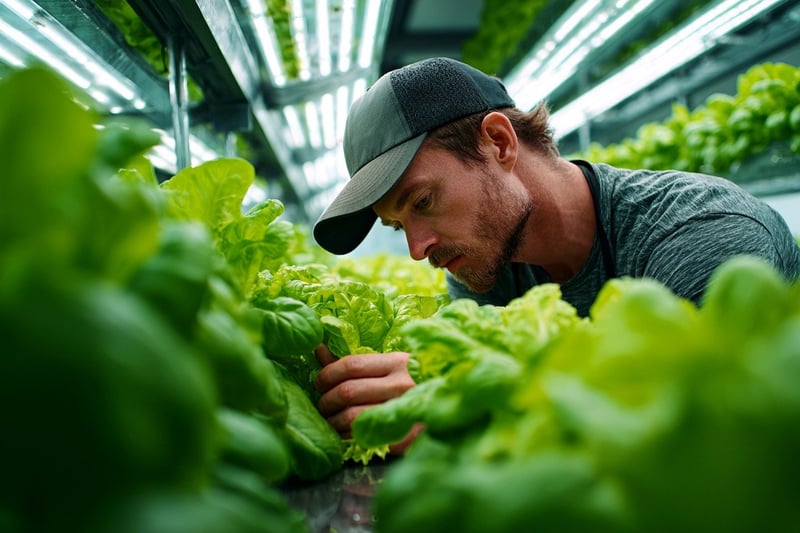Sustainable food production
The Future of Farming: Innovative Agricultural Practices for Sustainable Food Production
In today's world, as we face the challenges of climate change and a growing global population, the need for sustainable food production has never been more critical. Farmers around the world are embracing innovative agricultural practices to ensure food security while minimizing their impact on the environment.
1. Precision Agriculture
Precision agriculture uses technology such as GPS, drones, and sensors to optimize field operations. By precisely managing resources like water, fertilizers, and pesticides, farmers can increase crop yields while reducing waste and environmental impact.

2. Agroforestry
Agroforestry integrates trees and shrubs into agricultural landscapes. These systems provide multiple benefits such as improved soil health, biodiversity, carbon sequestration, and additional sources of income for farmers through products like fruits, nuts, and timber.

3. Vertical Farming
Vertical farming involves growing crops in stacked layers in a controlled environment, often indoors. This method uses less water, eliminates the need for pesticides, and allows for year-round production. It also reduces the carbon footprint associated with transporting produce long distances.

By adopting these and other innovative agricultural practices, farmers are not only improving efficiency and productivity but also contributing to a more sustainable future for food production. The future of farming lies in embracing these technologies and methods to ensure that we can feed the world's growing population without compromising the health of our planet.
References:
